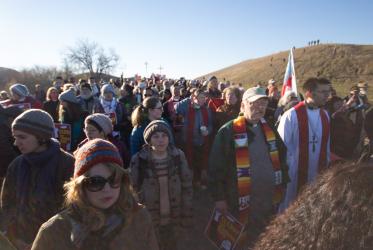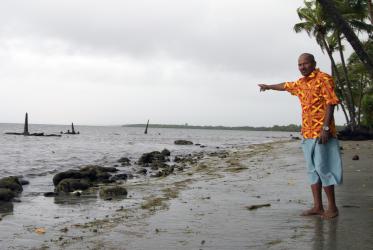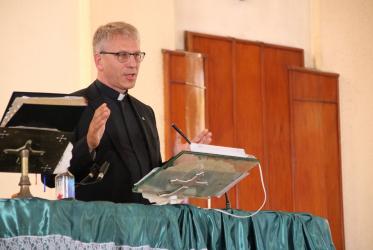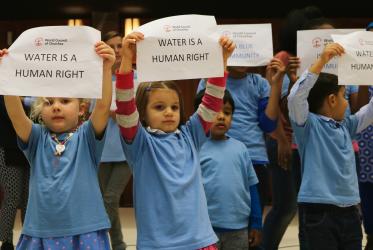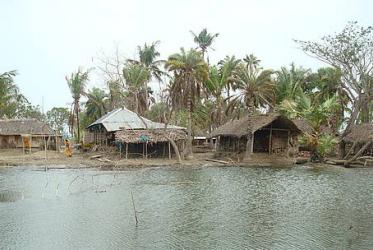Displaying 1 - 18 of 18
Churches should use their voice on climate change
26 February 2020
Emily Welty: tide of hope for a world free from nuclear weapons
19 September 2017
In Fiji, “time to go beyond the reef”
14 August 2017
G7 must address famine
22 May 2017
Eco-justice at stake for Standing Rock people in USA
07 November 2016
Indigenous faith leaders reflect on resilience and climate change
23 September 2014


